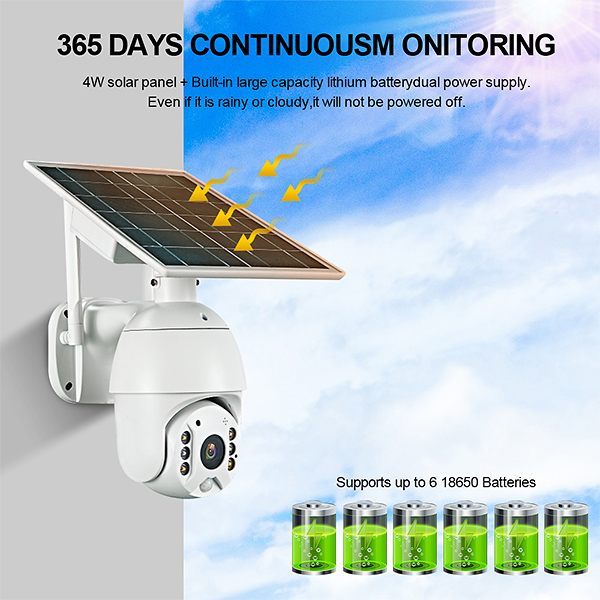SUPERIOR – The city may install security cameras in key areas to track and identify vehicles involved in crimes this summer.
The city’s public safety committee is considering a trial run of 20 Flock Safety cameras, but committee members Nick Ledin and Tylor Elm said they would like to see some type of camera ordinance in place first.
Captain Paul Winterscheidt, of the Senior Police, gave information to the committee on the flock security system at its meeting on Thursday, April 21.The department is looking to install cameras on Superior’s traffic routes for a 45-day trial this summer.

Winterscheidt said the flock safety system strictly focuses on vehicles participating in active investigations.It can track vehicles by license plate or other factors, including type, model, color and features such as roof racks or window stickers.
A camera that takes a series of still photos can be hardwired to a power source or used as a standalone solar-powered unit.They’re not “speed cameras,” Winterscheidt said, they just take a picture of the license plate and issue a ticket to the owner.The system does not involve facial recognition, and the data collected is stored for 30 days.
The police chief said the cameras would reduce human bias, protect personal privacy and act as a deterrent to crime.Police can issue real-time alerts for stolen vehicles, suspicious vehicles involved in crime, Amber Alerts, and more.Eleven Wisconsin communities have used their cameras, including Rice Lake, according to a Flock Safety representative.
He said past cases where the camera system could be used include the 2012 homicide of Toriano “Snapper” Cooper and the 2014 homicide of Garth Velin.
“It’s an impressive technology, but I think we have to look at the policy behind it first,” said Sixth Ward Councilman Elm.
The project has been submitted to the May meeting for more information.Winterscheidt said he could provide sample policies for municipalities using the system in May.
The base cost of the system is $2,500 per camera per year, with a one-time installation fee of $350 per camera.If one of the units is damaged or destroyed, the first replacement is free.Businesses or private entities can buy cameras and share information with police departments.
The commission also received a bid to install an infrared preemptive system on city traffic lights for emergency vehicles.
Todd Janigo, director of public works, said it would cost about $180,000 to install the system and provide 37 transmitters for police and fire department vehicles.
The preemption system allows emergency vehicles to turn traffic lights in their path green to prevent motorists trying to yield from being pushed into oncoming traffic.According to Senior Fire Chief Scott Gordon, not having such a system creates a great deal of liability from a risk management perspective.The committee was told this was proposed by Duluth 20 years ago.

With recent construction projects on Tower Avenue, Belknap Street, East Second Street and Central Avenue, many of the city’s traffic lights are new enough to get a head start, Janigo said.With fewer and fewer old traffic lights in need of retrofitting, now is a good time to make the leap, he said.
“I don’t think the question is whether we should do it. We need to. The only question is where does it come from?” asked Riding, who represents the city’s first district.
Committee members asked Janigo to bring supporting documents and other information to the May meeting, when the meeting could move forward.
Elsewhere, the committee approved a motion to sell the city’s two remaining fire trucks through the normal process.The rigs will be declared surplus and auctioned off.
Post time: May-05-2022




